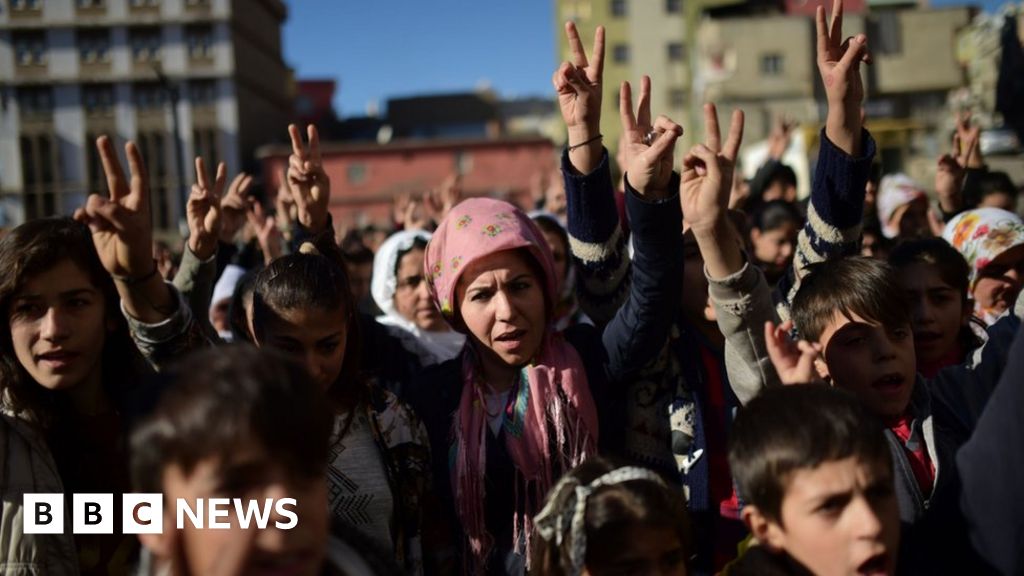Re: Regional geopolitics
Turkish weapons factory director caught selling state secrets to US
Iran Press TV
Sat Apr 9, 2016 12:49AM
The head of Turkey's state-owned Mechanical and Chemical Industry Corporation (MKEK) weapons factory has been arrested on charges of trying to sell weapon designs to a US company.
According to Turkish media, Mustafa Tanrıverdi was detained in the Turkish capital Ankara on Thursday while trying to sell the design and production plans of the MP-5 gun and the newly produced domestic infantry rifle MPT-76 to a US company official for USD 200,000 and USD 300,000, respectively.
Tanrıverdi (pictured below) was caught red-handed at a restaurant in Ankara by Turkish security officers posing as the US company's agents, said a report by Turkish Haber Port daily. The company had noticed Turkish authorities of his plan to sell the designs.
The MKEK head is charged with receiving bribes, exploiting state secrets and disloyalty to state services.
"I've made a mistake in this incident. I know what I've done and I regret it," said Tanrıverdi in his testimony in court, while claiming that the information does not qualify as state secret.
The MPT-76, which is composed of some 200 parts, is expected to replace the Heckler & Koch G3 battle rifle in the Turkish army. The first batches of the MPT-76 were delivered to the Turkish armed forces in 2014.
.
Turkish weapons factory director caught selling state secrets to US
Iran Press TV
Sat Apr 9, 2016 12:49AM
The head of Turkey's state-owned Mechanical and Chemical Industry Corporation (MKEK) weapons factory has been arrested on charges of trying to sell weapon designs to a US company.
According to Turkish media, Mustafa Tanrıverdi was detained in the Turkish capital Ankara on Thursday while trying to sell the design and production plans of the MP-5 gun and the newly produced domestic infantry rifle MPT-76 to a US company official for USD 200,000 and USD 300,000, respectively.
Tanrıverdi (pictured below) was caught red-handed at a restaurant in Ankara by Turkish security officers posing as the US company's agents, said a report by Turkish Haber Port daily. The company had noticed Turkish authorities of his plan to sell the designs.
The MKEK head is charged with receiving bribes, exploiting state secrets and disloyalty to state services.
"I've made a mistake in this incident. I know what I've done and I regret it," said Tanrıverdi in his testimony in court, while claiming that the information does not qualify as state secret.
The MPT-76, which is composed of some 200 parts, is expected to replace the Heckler & Koch G3 battle rifle in the Turkish army. The first batches of the MPT-76 were delivered to the Turkish armed forces in 2014.
.








Comment